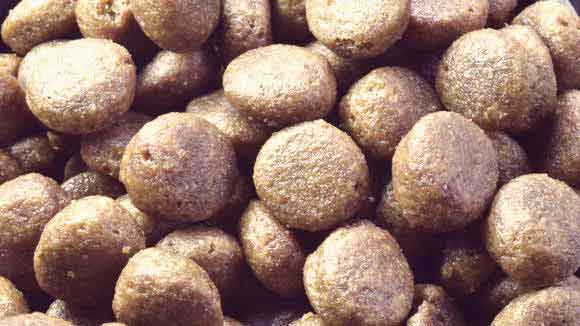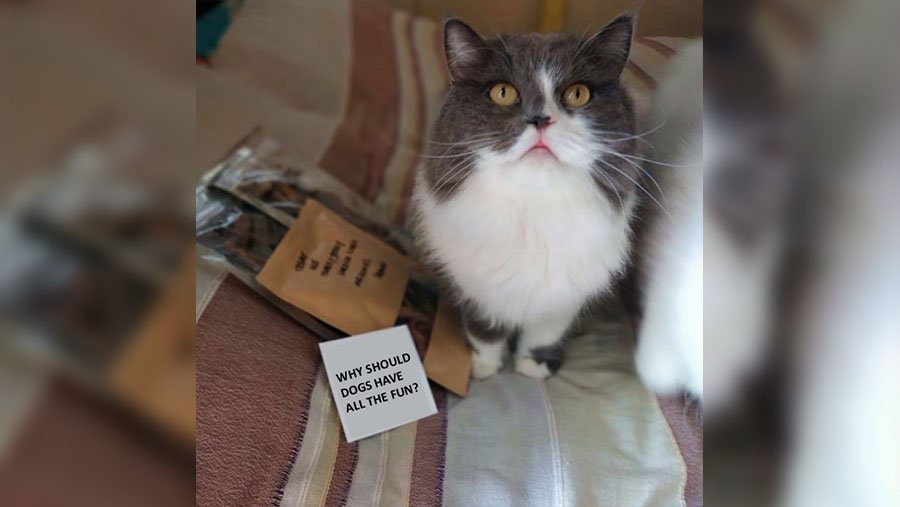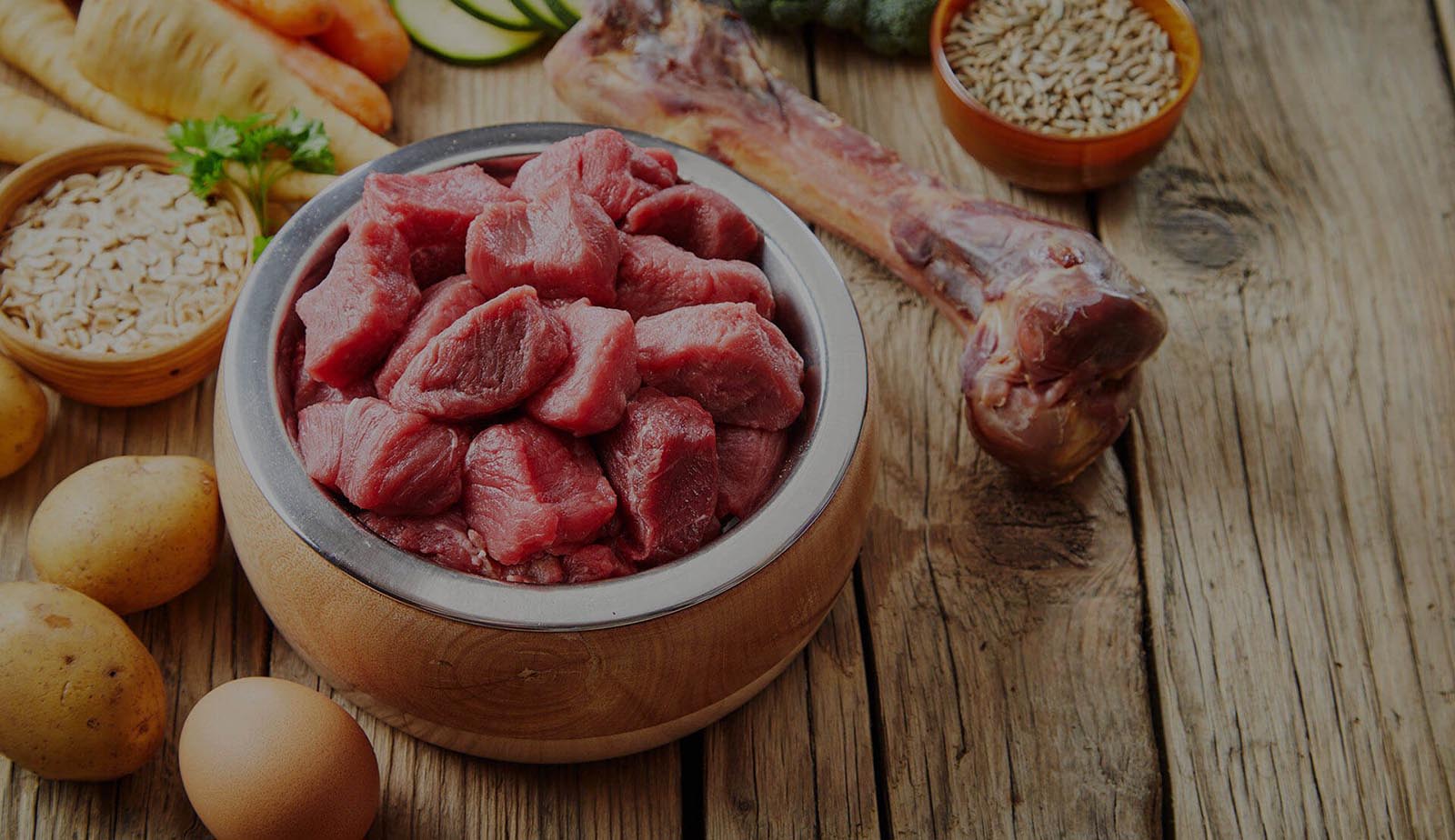
What's the deal with processed Pet food?
Today I want to talk about something that’s a really big and touchy topic - commercial kibble for dogs and cats.
There’s plenty of different dry petfoods out there, some claiming to be grain-free others for puppies and senior dogs and even for certain breeds.
To find out what kibble does for a dog let’s go back and look at what & how dogs & cats used to eat before cooked and processed foods were introduced to pets less than 100 years ago.
Dogs and Cats in the wild would eat mostly live prey and a bit of fermented plant matter.
Their teeth, gut and digestive system still show that they are meant to eat that way -
They have hinged, powerful jaws along with canines and triangular shaped carnassial teeth for ripping and tearing of flesh and crushing of bone.
They do not have flat molar teeth or are even able to move their jaw sideways for grinding. Neither do they have a four chambered stomach for the proper digestion of starches from plants and grains.
Now kibble usually consists of at least 60% carbohydrate, very little moisture and minimal, low quality protein. Kibble was invented in response to the high cost of meat during the Great Depression and was heavily promoted at the end of the Second World War. Since then the rates of chronic degenerative diseases, auto-immune diseases, allergies, kidney, pancreatic and liver disease are all on the rise within our pet populations and cancer rates continue to rise.
But there must be differences between cheaper and so called premium kibble?
Even grain-free kibble will list starchy vegetables like sweet potatoes or peas - but that is like substituting Candy with Chocolate and then saying its healthier because Chocolate is made of milk and beans.
The Petfood Industry fools you as you are trying to stay away from grains and adding starchy vegetables instead, because starch is converted to sugar and feeds yeast and inflammation. Switching grains for other starchy foods is not the solution.
Kibble is not only completely species-inappropriate, there are many forms of toxins invited into our pets’ bodies through these highly processed, cooked, kibble diets.
These can include mold that forms invisible when kibble is exposed to air after the bag is opened, as well as the processing brings out several carcinogens. Oh and don’t get me started on storage mites in the kibble bags.
On top of all of this all proteins in the kibble has been denatured, enzymes are rendered inactive, and any natural, beneficial microflora (good bacteria) are no longer viable.
For that reason, vitamins and minerals are added synthetically to meet nutritional standards - but again, studies show that these synthetic vitamins can actually cause more harm than good, because the body cannot completely utilize them and instead will process them as a foreign substance, causing more stress to the liver and kidneys.
There are lots of different options for your pets nutrition out there, make sure you get the best and make yourself aware of the ingredients used, the process used, the temperatures and what’s added. Ask the people who make your dog food about it, they’ll be happy to tell you if they know what they’re doing.
Much love,
Julia
PS - Take a look at our range of complete Dog- and Cat meals, they might look like kibble but that's the only thing they have in common ;) Complete Nutrition you can feel good about!


Leave a comment